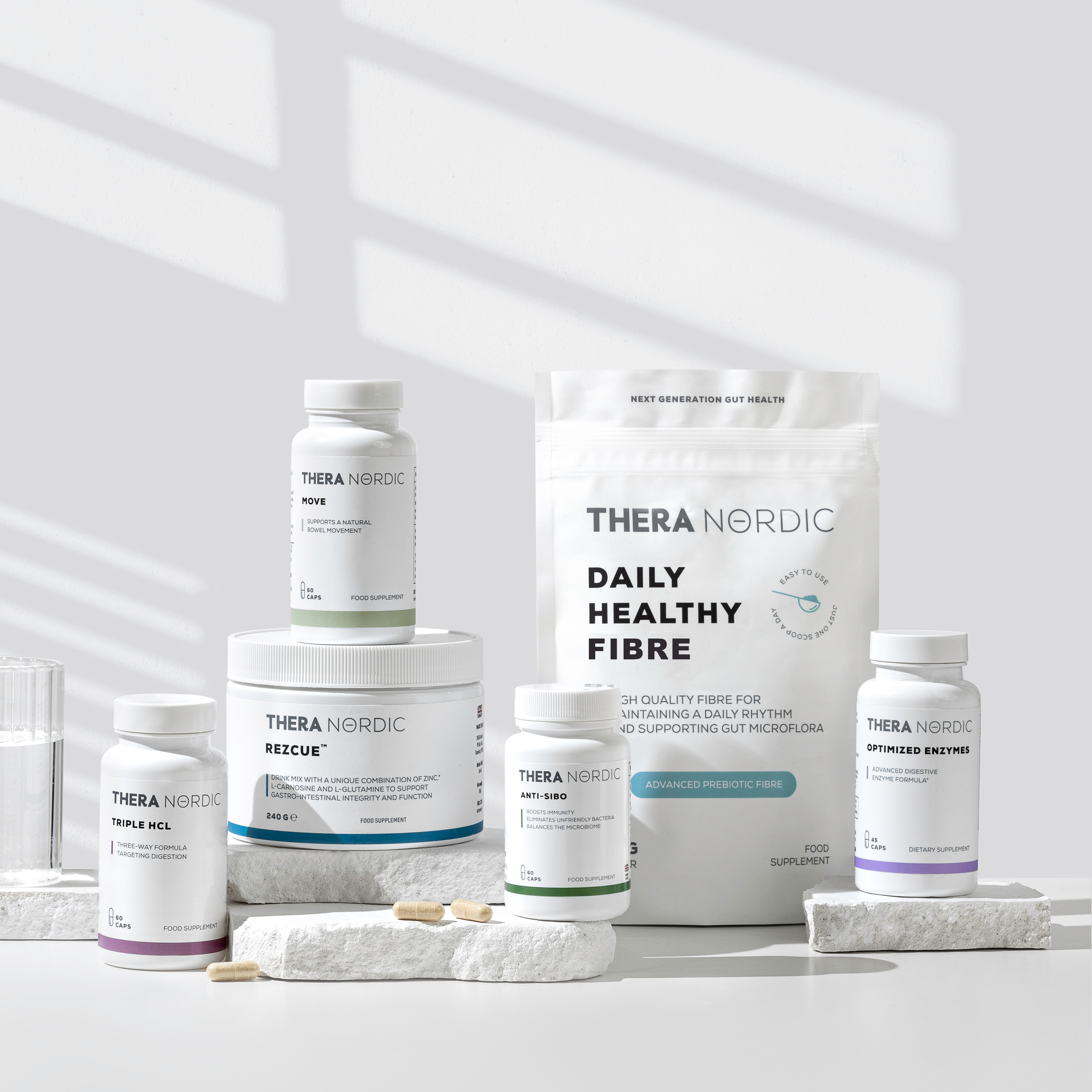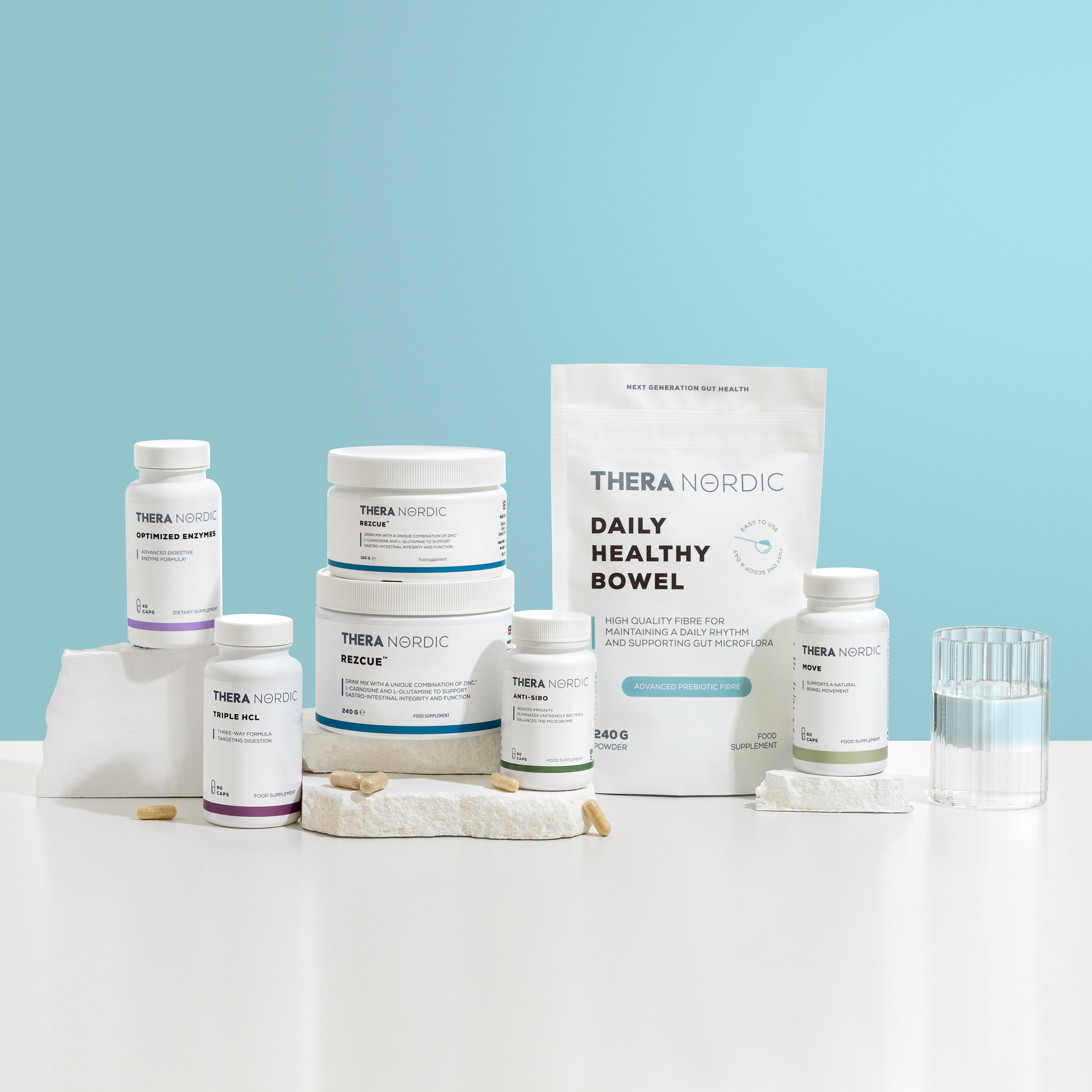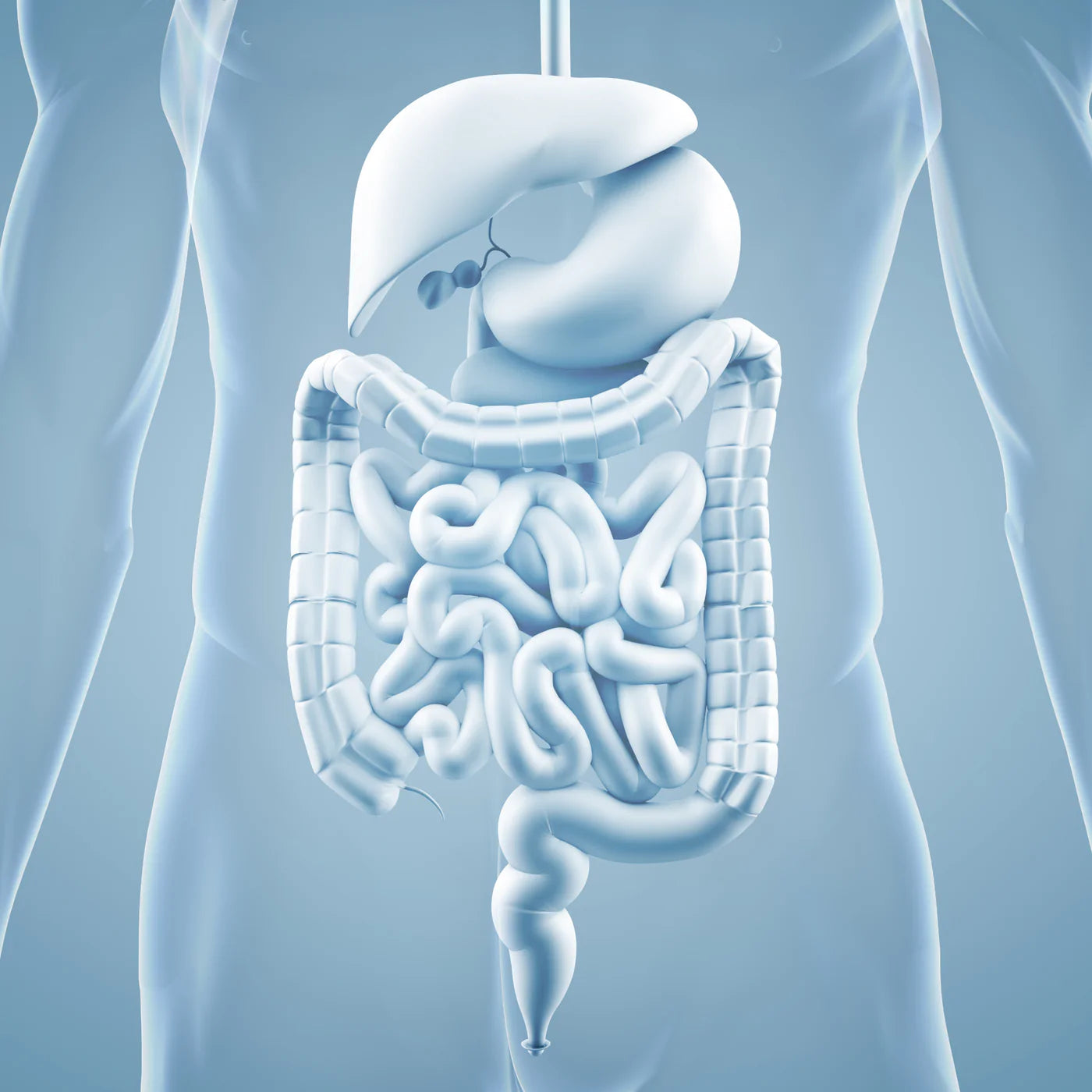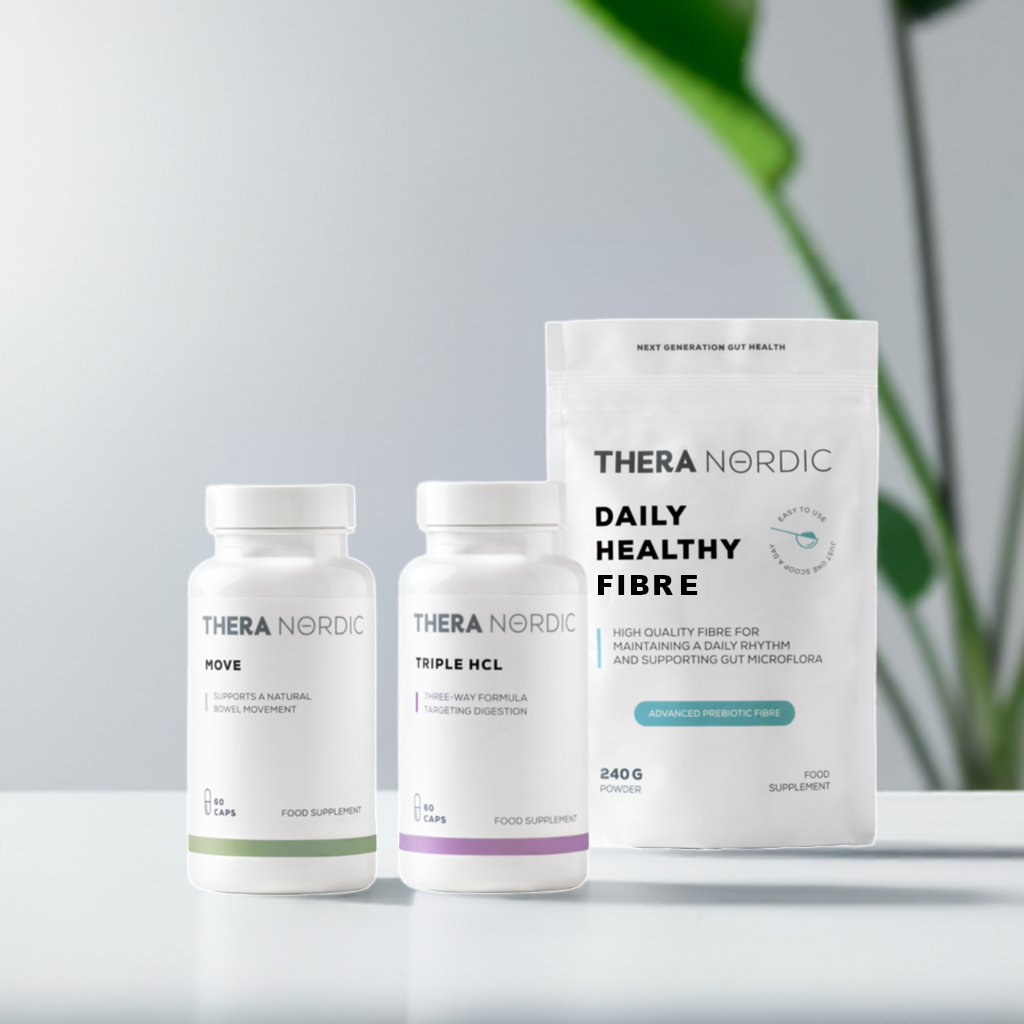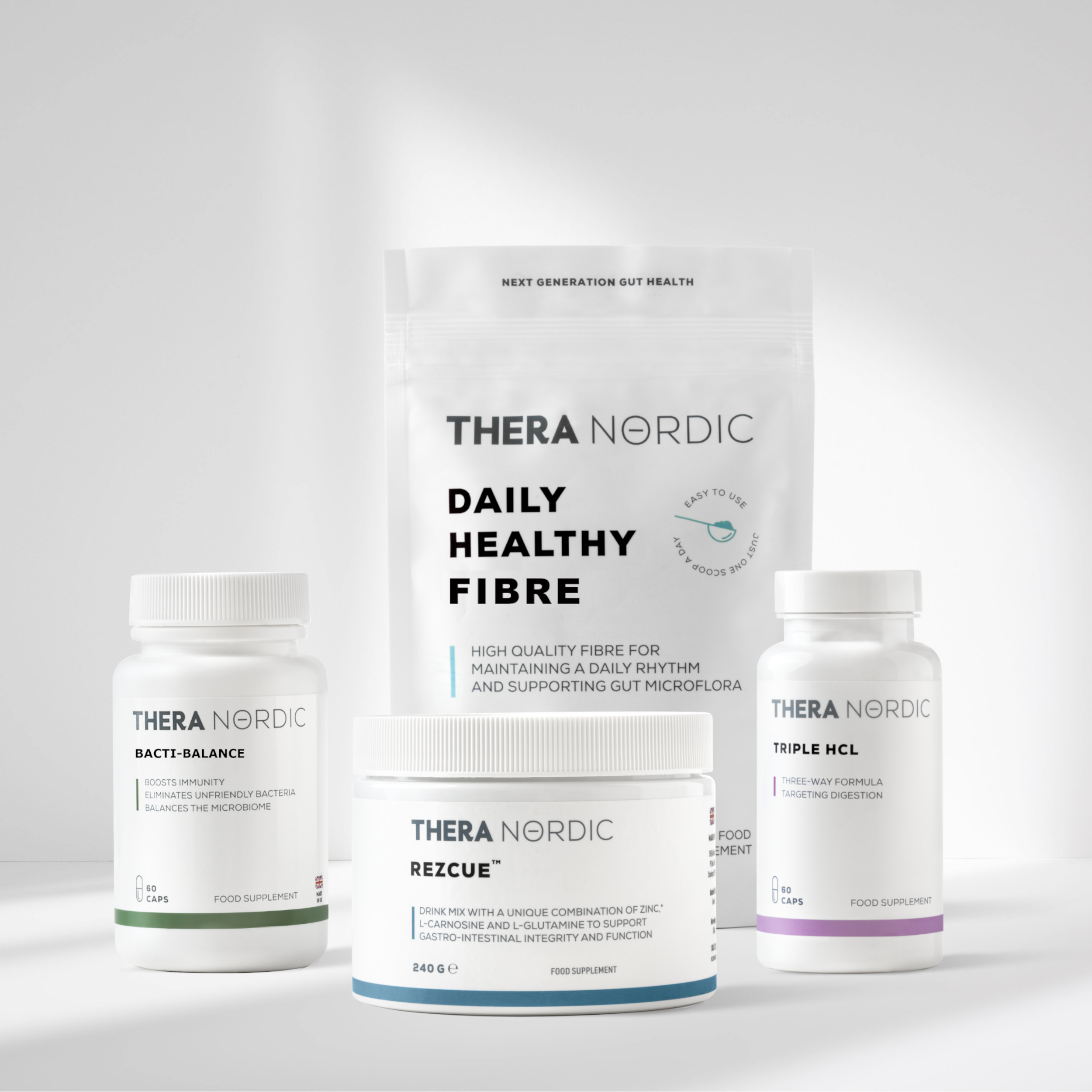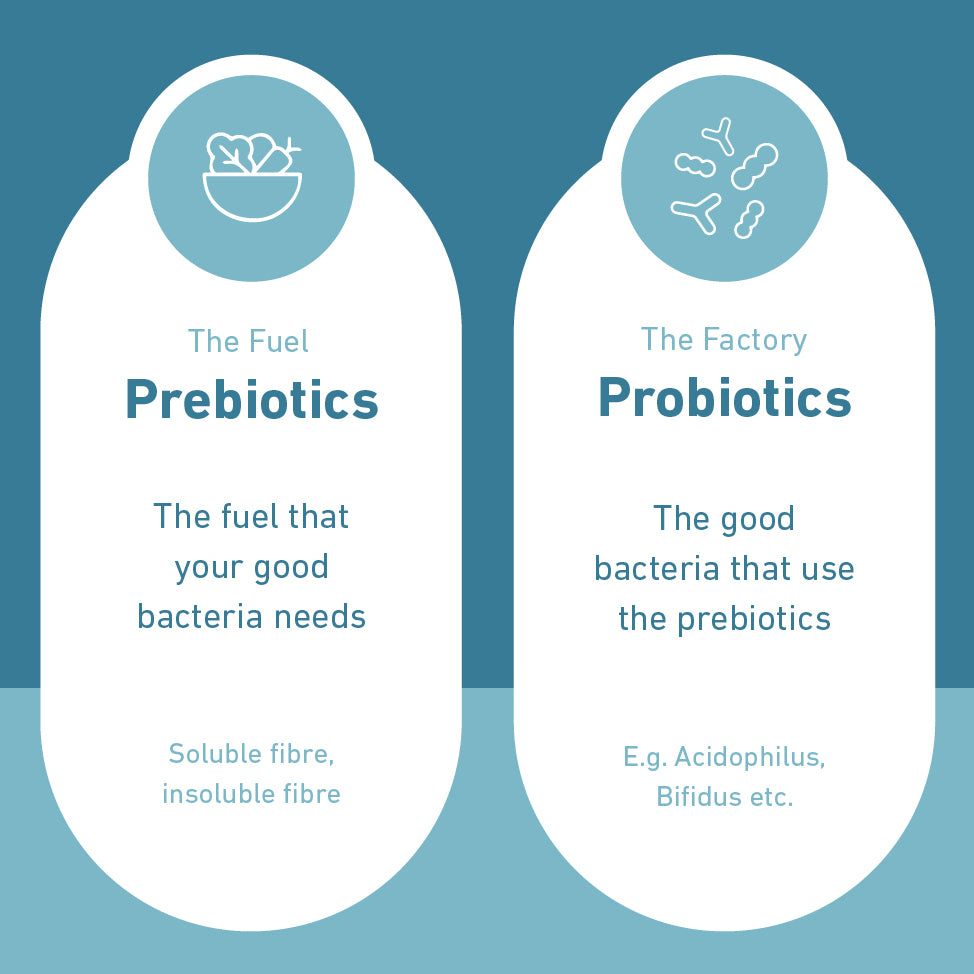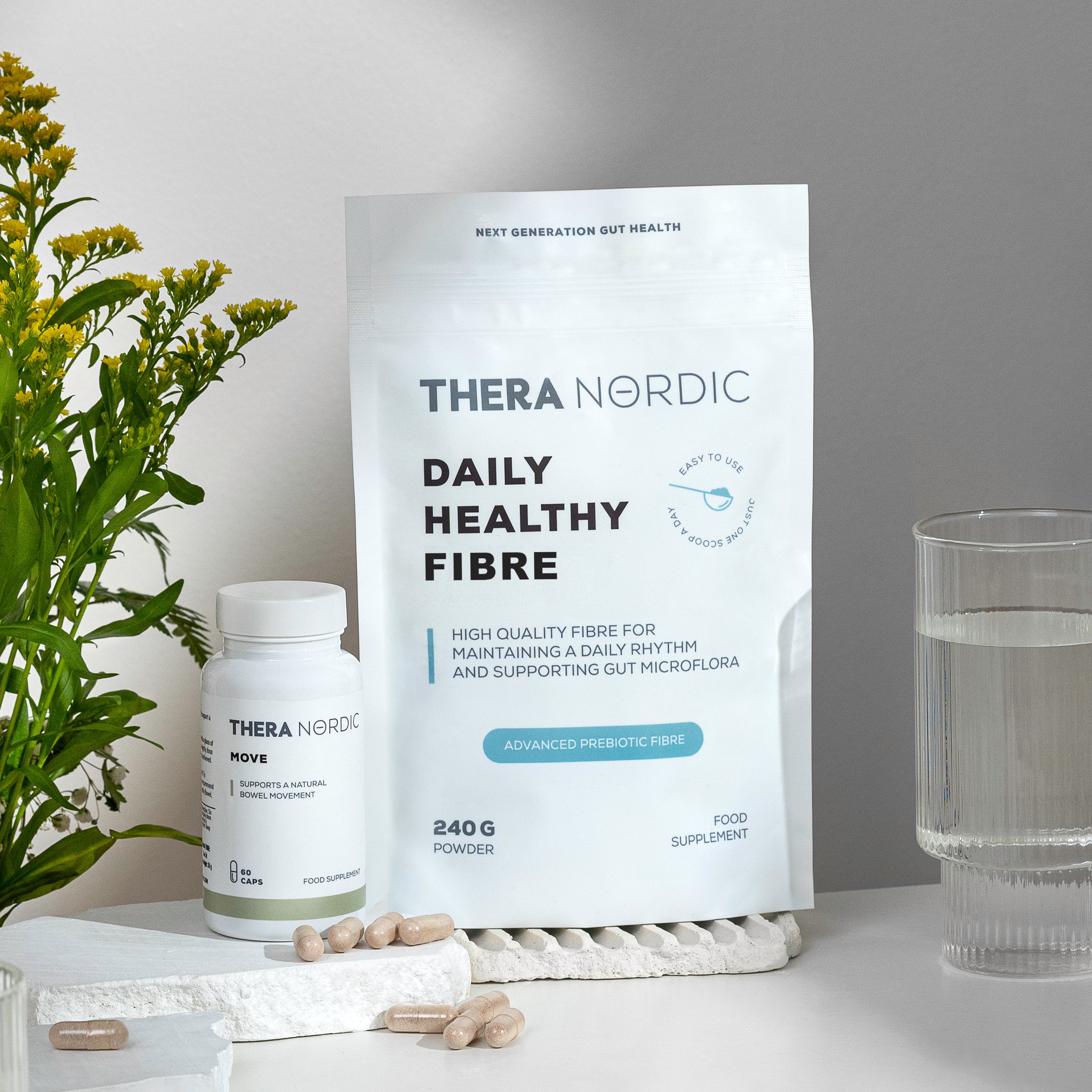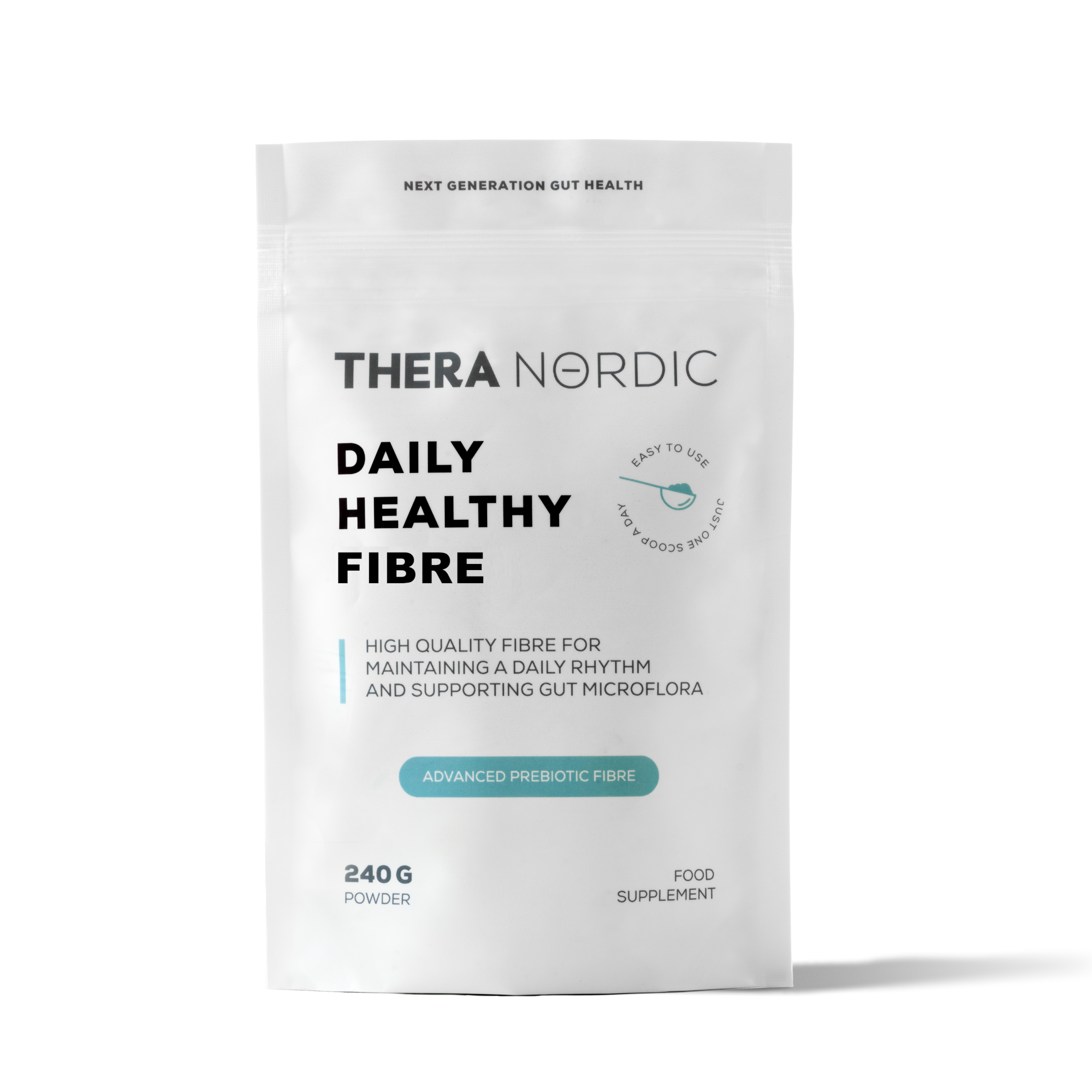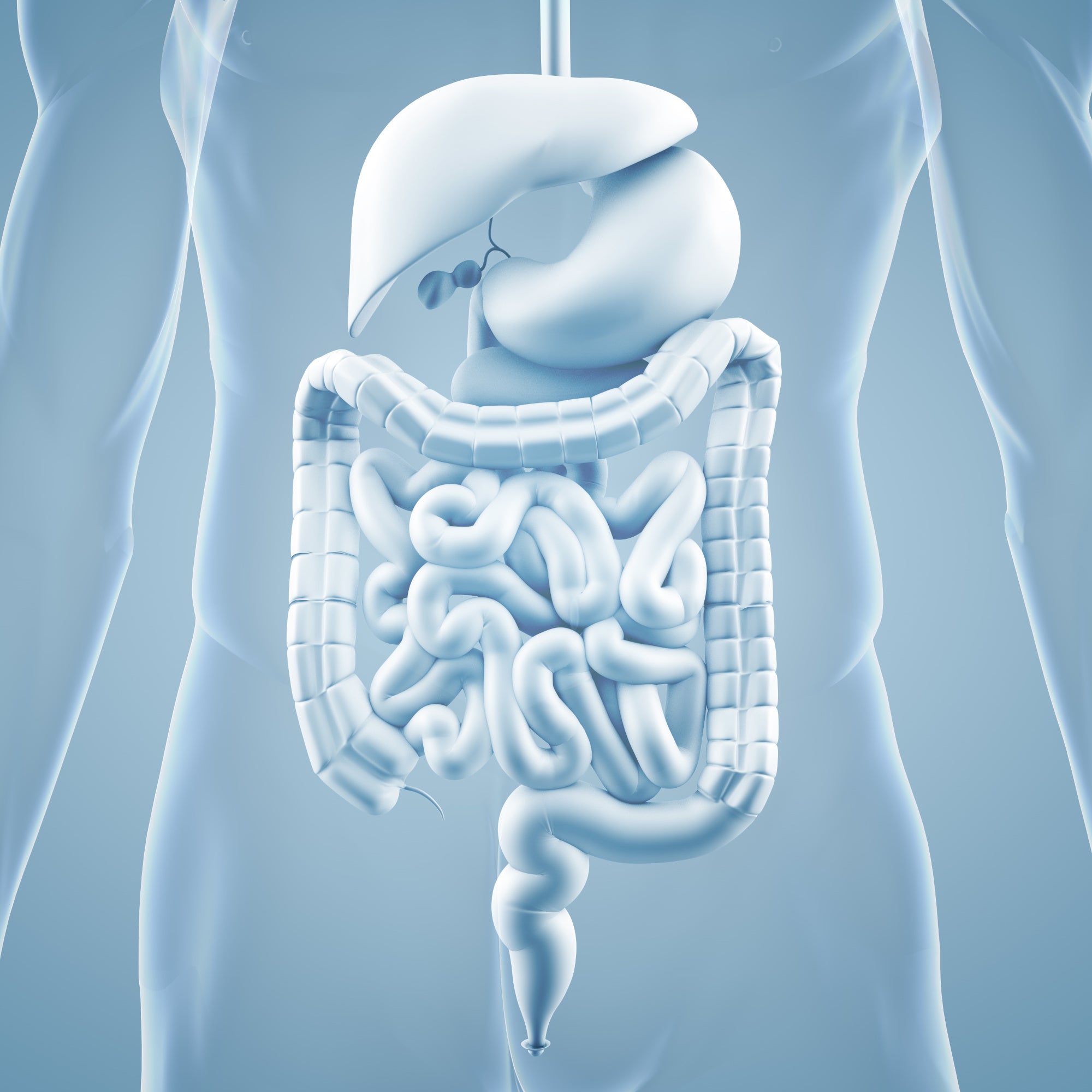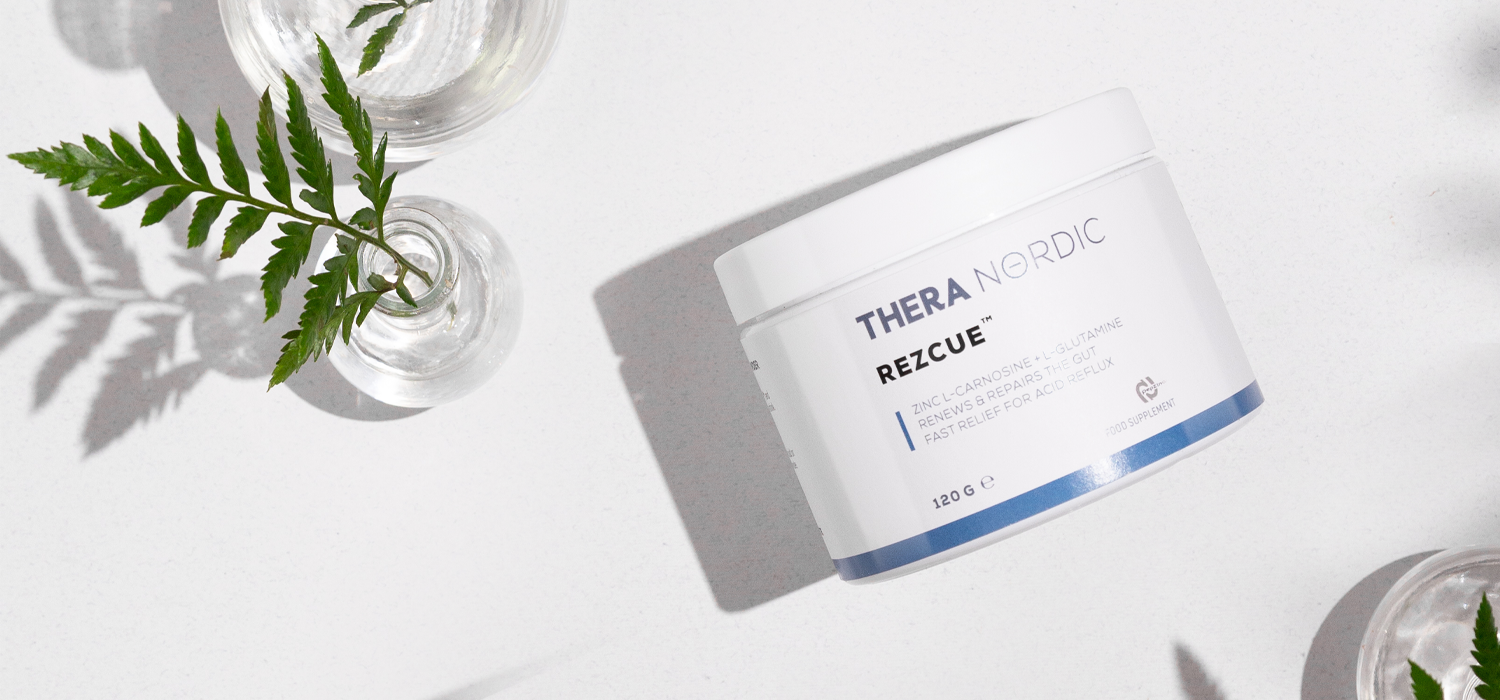In recent years probiotic supplements have become a popular choice, touted for their ability to introduce beneficial bacteria into the gut. So why did a BBC article label them as "quite useless", and The Guardian refer to them as "a waste of money"?
To be clear upfront, certain probiotic supplements can be incredibly effective. Especially if you know what strains you actually need and you are using a high quality supplement. But it's certainly the case that a lot or probiotics are highly ineffective.
At THERA Nordic we’ve chosen to take a different approach by focusing initially on prebiotics. Whilst we do have plans to develop a probiotic, we want to spend a long time on further research to get that right.
In this article we'll discuss the reasons why.
Understanding Probiotics vs. Prebiotics
Before diving into the reasons why we don't produce a probiotic, it’s important to clarify the difference between probiotics and prebiotics.
Probiotics are live microorganisms, often referred to as our "good bacteria" that we need to have in a healthy balance in our gut. Probiotics have a range of critical functions including the production of lactic acid and Short Chain Fatty Acids which in turn are vital for our digestive processes, reducing chronic inflammation, burning fat and even the health of our brain!
Prebiotics, on the other hand, is primarily non-digestible fibre that serves as the food for the probiotics. Probiotic fibre helps nourish and support the growth of these good bacteria, allowing them to thrive and maintain a healthy balance within the digestive system. So you can think of prebiotics as the important fuel for your probiotics.

The Limitations of Probiotic supplements
While probiotics have been widely promoted, many scientific studies have shown that they may not always be the best solution for gut health. For example the results published in the medical journal Cell, showed in half of cases the good bacteria went in the mouth and straight out the other end. And in the rest, they lingered briefly before being crowded out by our existing microbes.
In some cases, a probiotic supplement can cause you further harm, especially if you have not been tested and don't know specifically which probiotic bacteria you might be low on.
The key issues with most of the probiotics that we see on the market today fall into four areas:
-
Survival Challenges: Probiotics are delicate organisms that must survive the harsh environment of the stomach to reach the intestines, where they can have their intended effect. Many strains simply do not survive this journey, making their effectiveness questionable. In fact, in many cases the probiotics don't survive the process from manufacture into your mouth in the first place!
-
Strain-Specific Benefits: The benefits of probiotics are highly strain-specific, meaning that not all probiotics are created equal. A strain that works for one person may not work for another, and finding the right one can be a process of trial and error. So, without specialist testing and then consuming exactly the right probiotic, you may not see any benefits.
-
Temporary Colonisation: Even if probiotics do reach the gut, they often only temporarily colonise the intestines. This means that to maintain any potential benefits, you need to continue taking them regularly. Creating a reliance on a probiotic supplement to keep your gut microbiome in balance is simply not addressing the root cause of the issue.
- Potential Imbalances: Introducing new bacteria into the gut can sometimes disrupt the existing balance of your microbiome, potentially leading to digestive discomfort or other issues. We often speak to people who have taken a probiotic and actually seen their gut issues worsening.
Again, just to give a balanced point of view here, there are some high-quality, well designed probiotic supplements that can be highly effective, and that's something we're working on ourselves. But unfortunately the mainstream market has been flooded with a lot of relatively ineffective supplements.
The Power of Prebiotics
Instead of introducing new bacteria into the gut through a supplement (rather than a good diet!), it's really important to support the good bacteria that are already there. Our Daily Healthy Fibre product is a high-quality prebiotic fibre blend, recommended by medical practitioners. The main reasons that we focus initially on prebiotics is:
-
Nourishing the Existing Microbiome: Prebiotics feed and nurture the beneficial bacteria already present in your gut. By providing the right nutrients, these bacteria can multiply and strengthen, leading to a healthier and more balanced gut environment. Whether you have a natural imbalance, or you are taking antibiotics (which also kill our good bacteria!), taking a prebiotic fibre can often be the best way to restore the balance and boost your probiotics.
-
Sustainable Gut Health: Prebiotics promote long-term gut health by fostering a sustainable environment where beneficial bacteria can thrive naturally. This approach encourages the natural growth of a diverse and resilient microbiome.
-
Wide-Ranging Benefits: Unlike probiotics, which offer strain-specific benefits, prebiotics support a broad range of beneficial bacteria. This can lead to more comprehensive improvements in gut health, including better digestion, enhanced immune function, and even improved mental well-being.
- Consistent Results: Since prebiotics work by nourishing your existing microbiome, they tend to provide more consistent and reliable results compared to the often unpredictable effects of probiotics.
Our Commitment to Gut Health
At THERA Nordic, we are committed to helping people achieve optimal digestive health through natural, science-backed solutions. By focusing initially on prebiotics, we can offer a more effective and sustainable way to support the gut microbiome to a wider group of people.
Daily Healthy Fibre is carefully formulated with the best sources of soluble fibre, ensuring that your gut bacteria receives the nourishment they need to thrive.
We'll keep you posted as we continue to research and work out our probiotic supplement in the future.
Conclusion
While probiotic supplements may have their place in certain situations, a highly effective and sustainable approach to gut health lies in supporting the body’s existing microbiome through prebiotics supplements, whilst including a diet that can naturally support good probiotic health. By supplementing with a high quality prebiotic fibre, you’re not just introducing temporary fixes; you’re investing in the long-term health of your gut.

